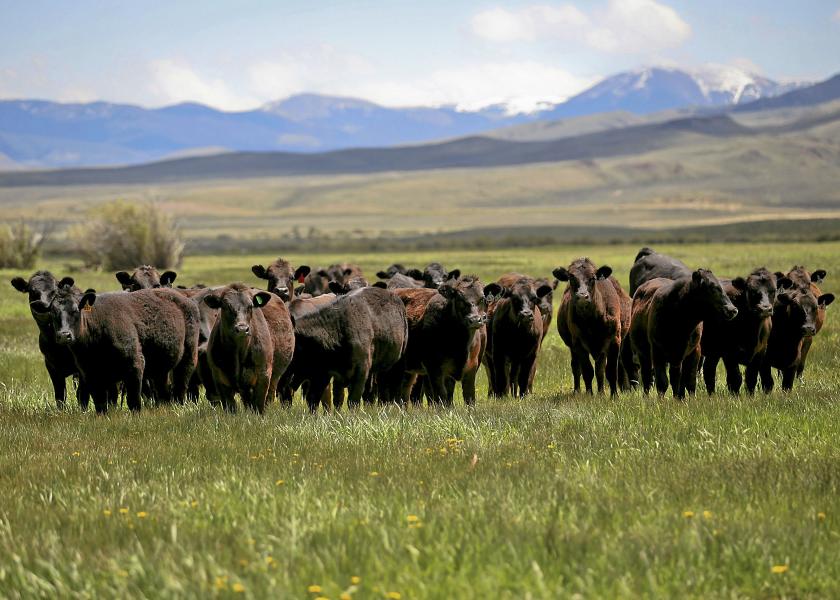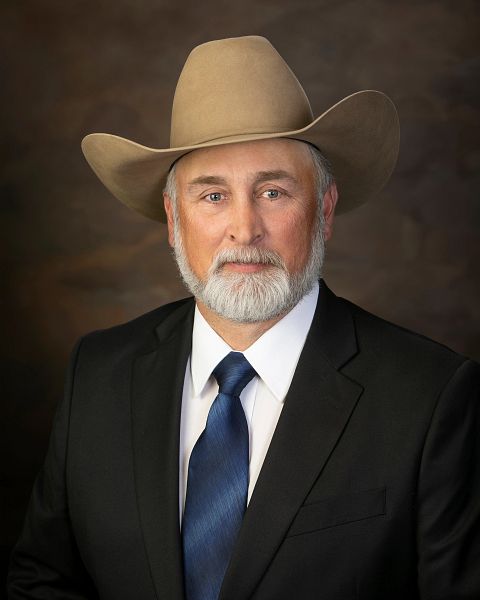New Law Protects American Farmland and Food Security

In Washington, there is a little-known government board called the Committee on Foreign Investment in the United States (CFIUS). Its purpose is simple—review foreign transactions for their national security implications in the U.S.—but today this committee has new importance for protecting America’s farmland and food security.

The committee was first created by President Gerald R. Ford in 1975 and consisted of several cabinet officials including the Secretaries of State, Treasury, Defense, Commerce, the Attorney General, the U.S. Trade Representative, the Chairman of the Council of Economic Advisors, and the Director of the Office of Management and Budget. CFIUS was designed to be a central group that would review foreign investments, analyze developments, and make recommendations to the President. Over the years, the committee’s work would be shaped by changing legislation, but its core function makes a lot of sense. After all, we wouldn’t want a foreign power to buy out the American companies that build our military’s ships, planes, or tanks.
CFIUS is currently chaired by the Secretary of the Treasury and the U.S. Treasury Department is responsible for reviewing proposed acquisitions. If a purchase by a foreign company raises alarm bells, the President has the power to step in and block a transaction that might harm national security.
Today, we face new threats to our country that also pose a risk to American agriculture. As farmers and ranchers, we know that we cannot have national security without food security. The food we provide supports our fellow citizens and powers our military. Hunger also creates tremendous unrest. The foreign acquisition of agribusinesses and farmland has raised alarm bells in recent years. The National Cattlemen’s Beef Association (NCBA) believes farmers and ranchers should have a seat at the table, starting with the Secretary of Agriculture. The agriculture appropriations bill signed into law by President Biden formally adds the Secretary of Agriculture to CFIUS as a permanent member, ensuring that this critical national security board always has a voice who represents America’s agricultural community.
NCBA has long pushed for this representation. Last September, we backed Rep. Frank Lucas’ (R-OK) Agricultural Security Risk Review Act to add the Agriculture Secretary to CFIUS. Two years ago, NCBA was at the White House for the signing of a national security memorandum that directed top government officials to identify threats to the food and agriculture sector and develop effective responses. NCBA will continue to work to ensure the federal government recognizes food security as national security.
The U.S. cattle industry faces many threats, from cyberattacks to foreign animal disease, and adding the Secretary of Agriculture to CFIUS is an important step forward for strengthening our security. Now, we have a permanent seat at the table and an advocate for protecting American agriculture from foreign national security risks. On behalf of NCBA, thank you to Rep. Lucas, our supporters in Congress, and to the White House for standing with America’s cattle producers.
Mark Eisele is the President of the National Cattlemen’s Beef Association and a Wyoming rancher.







